Theory of Quantum Computing Group
Who we are
We are a theoretical physics research group established in 2019 at the Center of Theoretical Physics at Polish Academy of Sciences in Warsaw. We are a part of the Polish quantum computing consortium supported by the Team-Net grant funded by Foundation for Polish Science. Wa are also supported by EuroHPC PL project that provides access to quantum hardware.
What we do
We study theoretical underpinnings of the rapidly developing and interdisciplinary field of quantum computing. We focus our research on developing tools and methods for a better understanding of the power and limitations of near-term quantum computers. In particular, we are interested in the following topics:
- Certification and characterization of prototypes of quantum computers in order to develop effective methods of error mitigation on these devices.
- Application of generalized quantum measurements (POVMs) in new quantum algorithms and development of methods for their effective implementation on realistic devices.
- Mathematical foundations of quantum computing (effective compilation of quantum gates, universal quantum computation, new proposals for quantum advantage, classical simulation of noisy quantum computations).
Meet the team
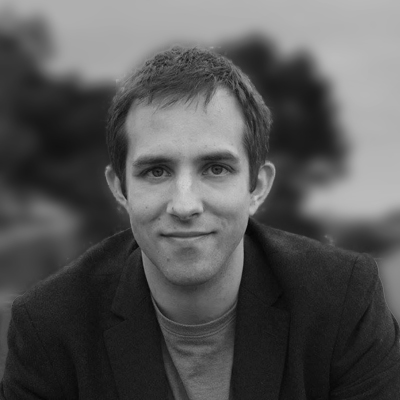
dr hab. Michał Oszmaniec
Group leader
I am a thoretical physicist specialising in quantum computig, quantum information and mathematical physics.
The main topics of my current research are:
- Quantumcomputation with fermions
- Random quantum circuits, approximate t-designs, complexity of quantum states and unitaries.
- Characterisation and error mitigation in near-term quantum computers.
- Efficient classical simulation of noisy large-scale quantum systems, with applications to quantum supremacy and quantum simulations.
- Understanding thee relative power and usefullness op POVMs and projective(von-Neumann) measurements in quantum information and quantum computing.
- Role of various kinds of correlations (such as contextuality, non-qaussianity) for quantum computation
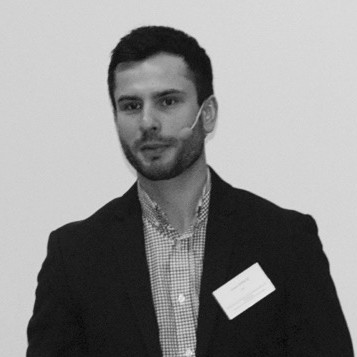
dr hab. Adam Sawicki
Senior researcher
I am a mathematical/theoretical physicist specialising (among others) in quantum information theory. For a few last years I have been particularly interested in theoretical aspects of quantum computing.
The main topics of my current research are:
- Efficient quantum gates
- Variants of Solovay-Kitaev theorem
- Random quantum compilers
- t-designs and epsilon nets
- applications of control theory in quantum computing
- geometry of quantum correlations
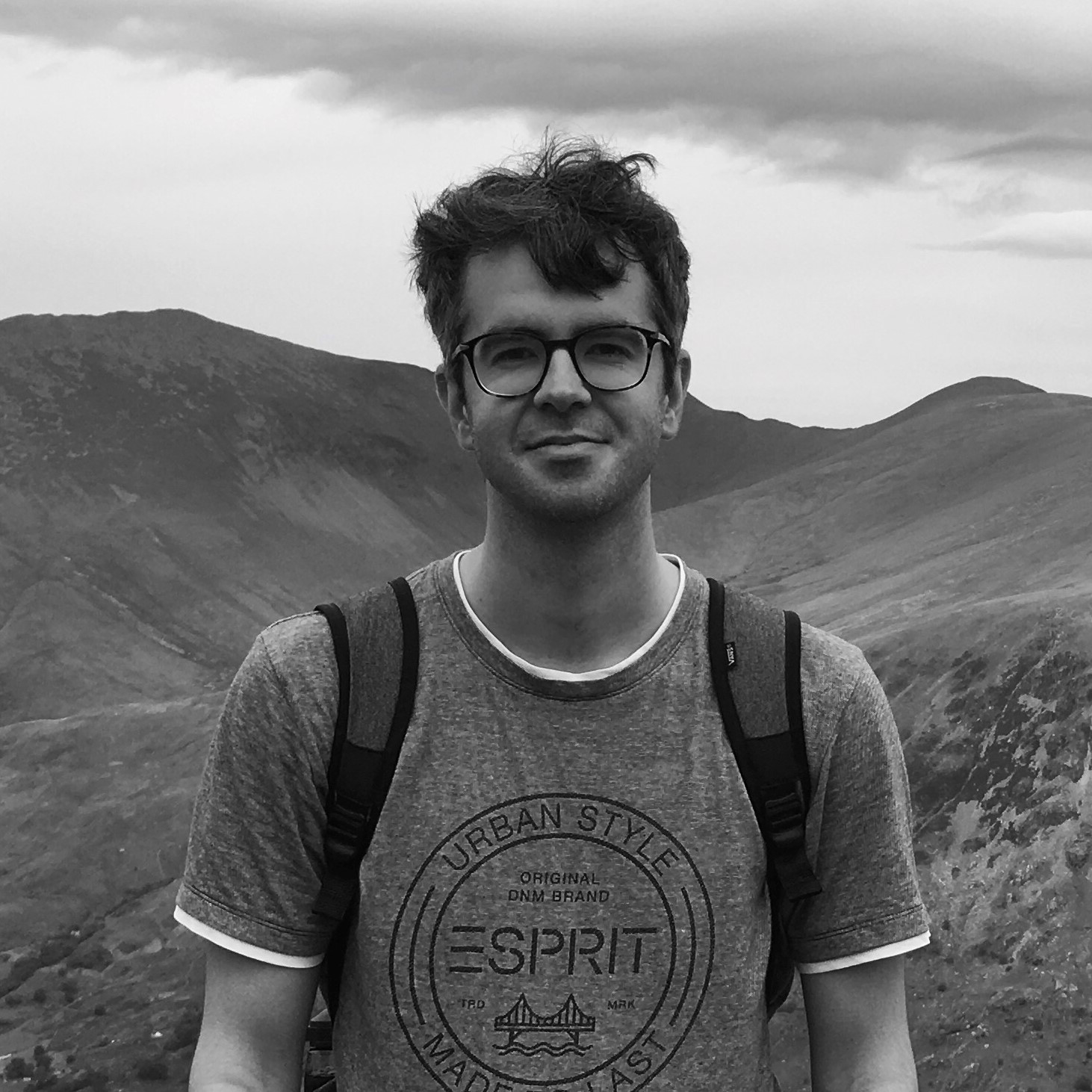
Daniel Mcnulty
Postdoc
My research interests lie in quantum information theory, the foundations of quantum mechanics, and quantum computing. The research topics I am currently focused on include:
- Measurement incompatibility
- Reasource theories of measurements
- Measurements in noisy quantum devices implementations and error mitigation
- Discrete Hilbert space stuctures such as mutually unbiased bases, symmetric inormationally complete measurements nad quantum designs
- Non-classical correlations in open quantum systems
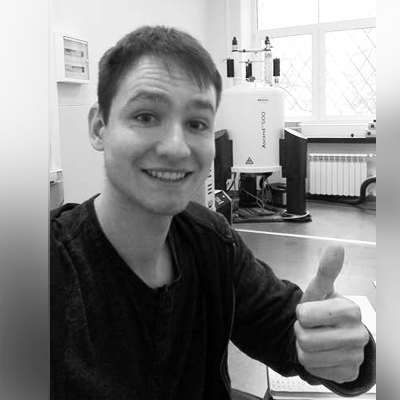
Filip Maciejewski
PhD student
My scientific interests include both foundations of quantum information theory and possible applications on near-term quantum devices. I am particularly interested in the theory of generalized quantum measurements (POVMs).
My research as a PhD student includes:
- characterization of measurement noise and development of methods for its mitigation
- study of relative power of POVMs and projective measurements in various quantum information protocols
- development of new schemes of implementation of POVMs
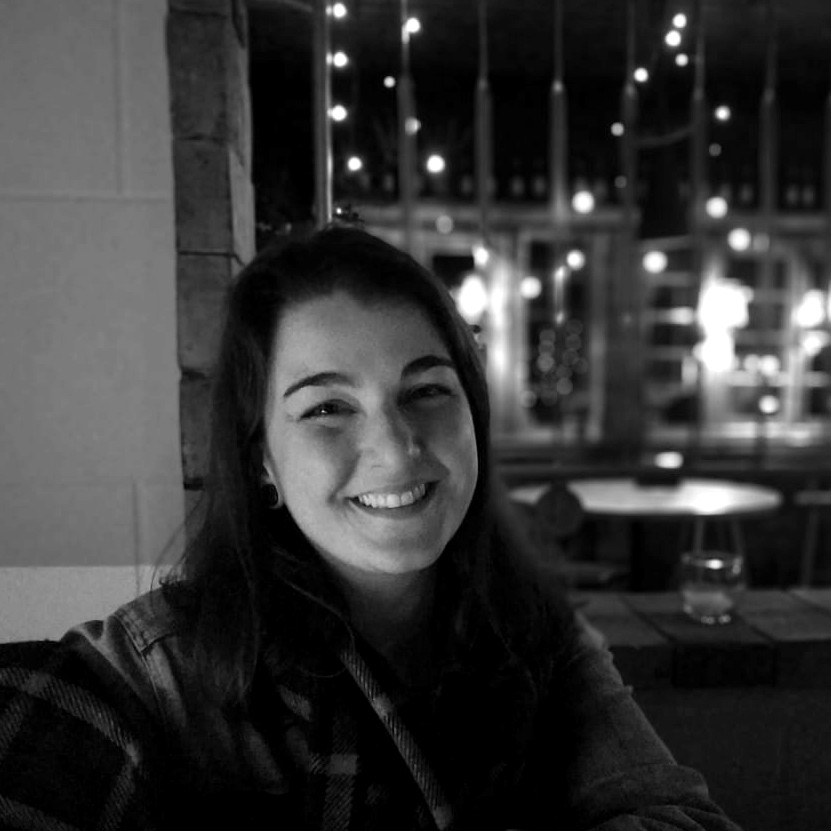
Susane Calegari
PhD student
My key areas of interest are classical simulation of quantum computers, quantum computational resources, quantum foundations, and quantum contextuality. I am a theoretical physicist with a master thesis on conformal invariance applied to quantum field theory and gravity. My research in quantum information has been on the understanding of the structure of correlations in multipartite systems. Now, as a Ph.D. student, I want to focus my studies on the role of contextuality as a resource for quantum computation.
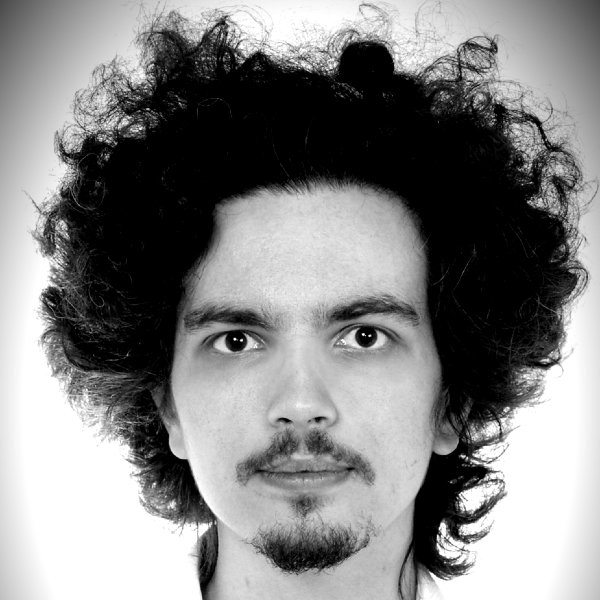
Tomasz Rybotycki
PhD student
As a computer scientist and an aspiring physicist, I am interested in machine learning and quantum information theory. That can lead to a reasonable conclusion that I am especially interested in quantum machine learning.
My current research activities are focused on classical simulations of photonic quantum systems, boson sampling in particular. I’m interested in:
- studying the average-case scenarios of the algorithms for which only worst-case scenari was discussed
- finding better ways of simulating quantum photonic experiments
- [as side effect] developing a software library implementing the newest techniques for classical simulation of photonic quantum systems
Contact
Aleja Lotników 32/46
02-668 Warszawa
Poland
Phone: +48 22 847 09 20
Email: nisq@cft.edu.pl
© 2021 Near-term Quantum Computers Project